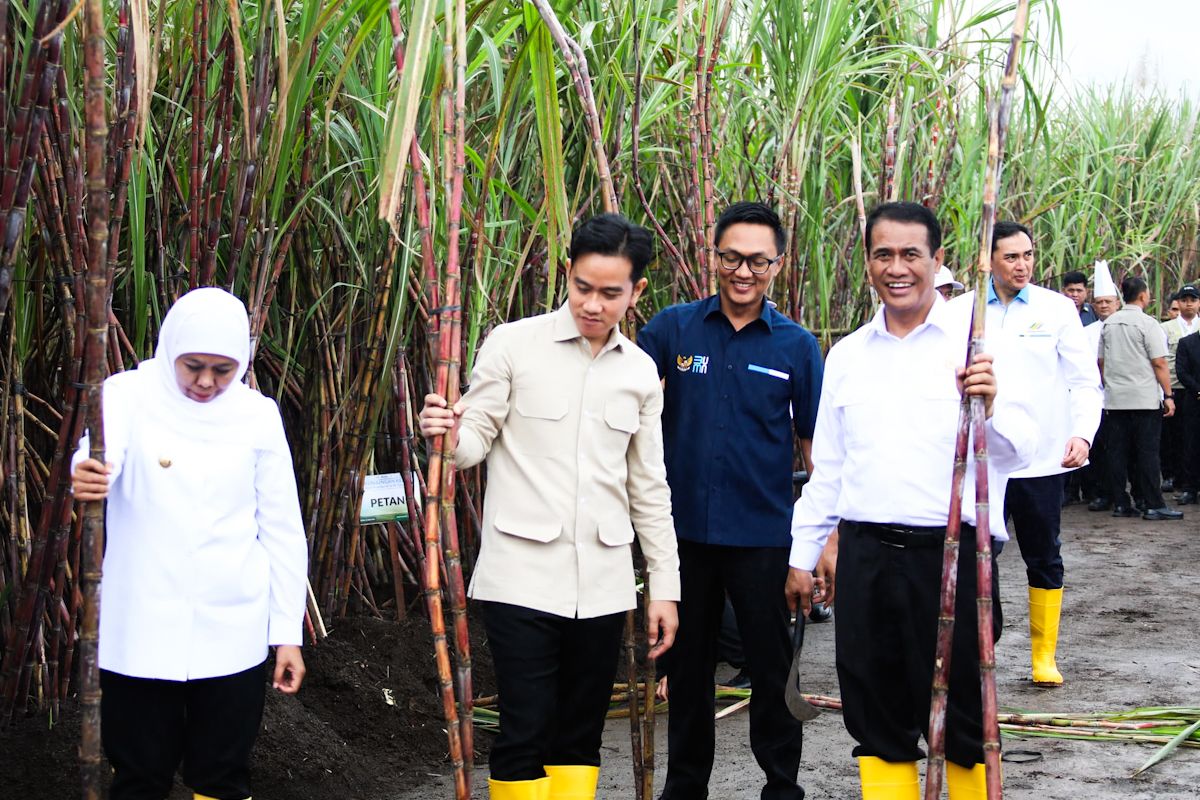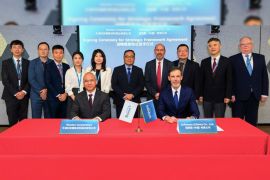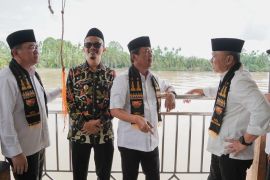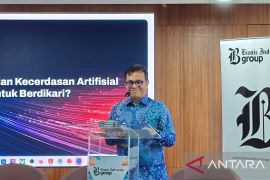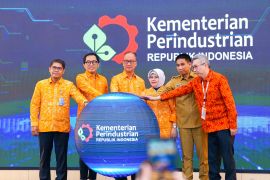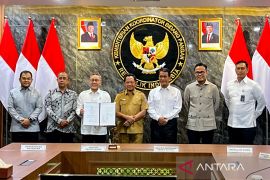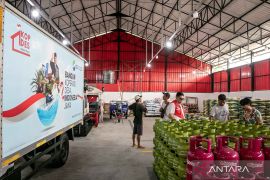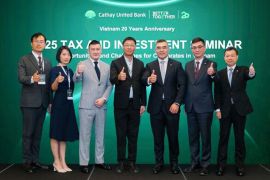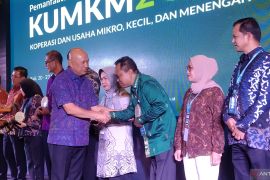“We are implementing a total reform, from upstream to downstream,” Minister Amran stated during a working visit with Vice President Gibran Rakabuming Raka at the sugarcane harvest and planting event at Jolondoro Plantation, Banyuwangi, East Java, on Monday.
Amran emphasized that improvements are underway at multiple stages, including seed quality, planting patterns, downstream systems, and marketing processes.
“The goal is simple—farmers must be allowed to make a profit. If they suffer losses, they will stop planting,” he noted in a statement released in Jakarta.
The Ministry of Agriculture has developed a National Sugar Self-Sufficiency Roadmap, targeting self-sufficiency for household consumption by 2028 and full self-sufficiency, including industrial and bioethanol needs, by 2030.
However, Amran asserted that these targets could be achieved sooner owing to strong support from President Prabowo Subianto and Vice President Gibran Rakabuming Raka.
“If we improve the marketing system to ensure farmers make a profit, then they will continue planting—it is that simple. That is why we are also pushing downstream development, so distribution and pricing become fairer for farmers,” he explained.
Based on early projections for 2025, sugar production is expected to reach 2.901 million tons from around 538 thousand hectares of plantation land. With an average realization rate of 95 percent, actual production is forecast to hit 2.75 million tons, the highest in the past five years.
To accelerate self-sufficiency, the government is pursuing an intensification strategy involving ratoon crop removal across 275 thousand hectares by 2027, along with distributing superior seeds, improving irrigation, and implementing targeted fertilizer programs.
This will be complemented by expanding sugarcane plantations to 500 thousand hectares, including 200 thousand hectares of core land and 300 thousand hectares of plasma, and constructing and reactivating 10 sugar mills both on and off Java Island.
“Investment in this sector will generate a multiplier effect—from boosting production and creating jobs to strengthening the national economy,” Amran stated.
Vice President Gibran emphasized that sugar has now become a major focus for the government.
Building on the success of rice self-sufficiency, the government is optimistic that sugar self-sufficiency can be achieved by 2027 at the latest.
Related news: Unlocking Indonesia's local wisdom in managing sustainable palm sugar
“By 2027 at the latest. We are pursuing this aggressively, and God willing, it will yield results like rice—fair prices and benefits for all. This is the government’s commitment, especially from President Prabowo, to prioritize food self-sufficiency,” Gibran stated.
During a dialogue session with farmers, Gibran listened to their concerns, especially regarding the need for mechanization, fertilizer access, and profitable selling prices.
He stressed that the president is closely monitoring developments in the agricultural sector, especially regarding pricing and production.
“Right now, the minister’s main task is sugar. It requires firmness and concrete actions. The president is giving full support. We want sugar to be as successful as rice, and the key is that farmers must profit,” he affirmed.
Gibran also called for full synergy among all stakeholders—from technical ministries and regional governments to state-owned enterprises (SOEs)—to accelerate food self-sufficiency within the next two years.
“We are giving full support. These next two years are critical. We need collective hard work—from governors, SOE directors, deputy ministers, everyone. What matters most is that farmers get support and production increases,” he added.
Related news: Support development of S Papua as sugar industry center: VP
Translator: Primayanti
Editor: Rahmad Nasution
Copyright © ANTARA 2025
